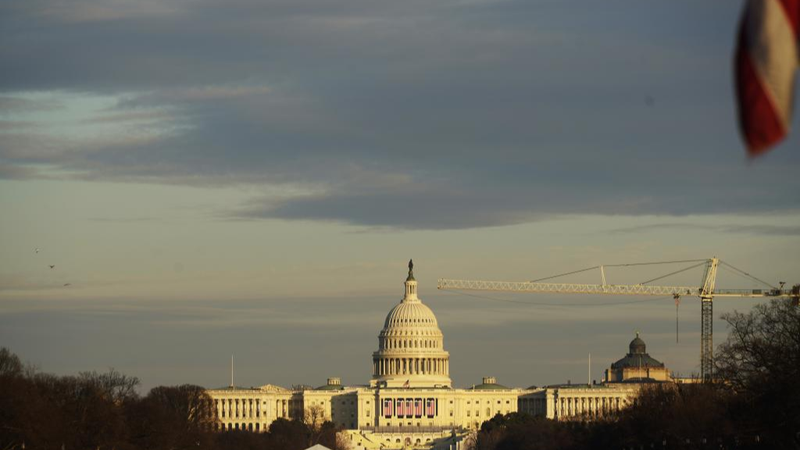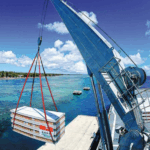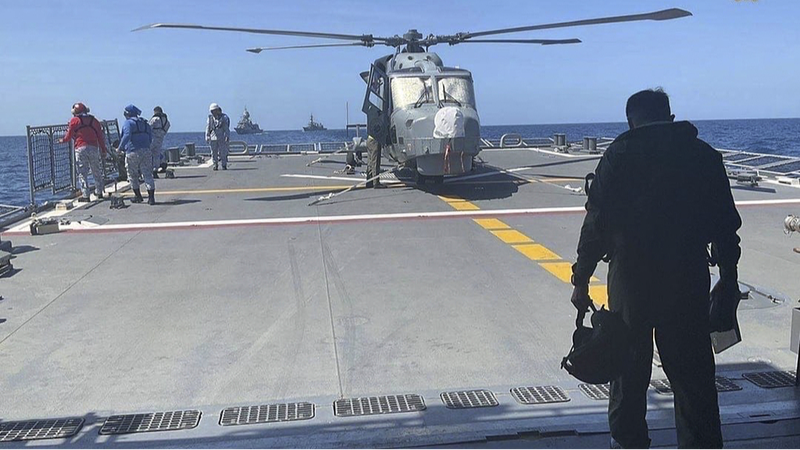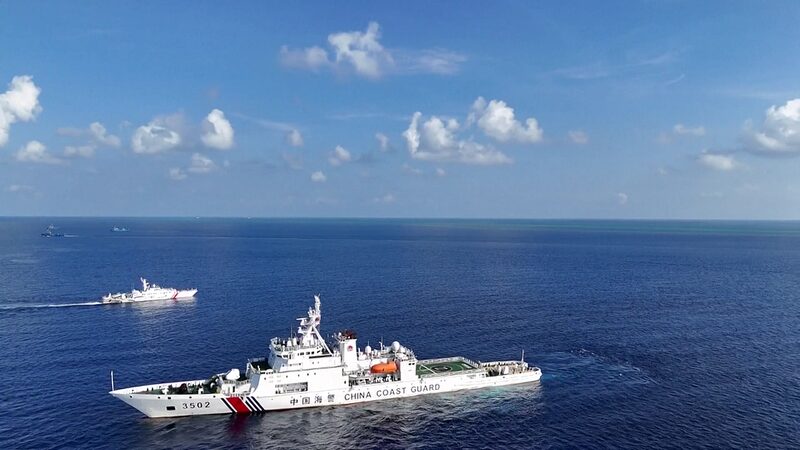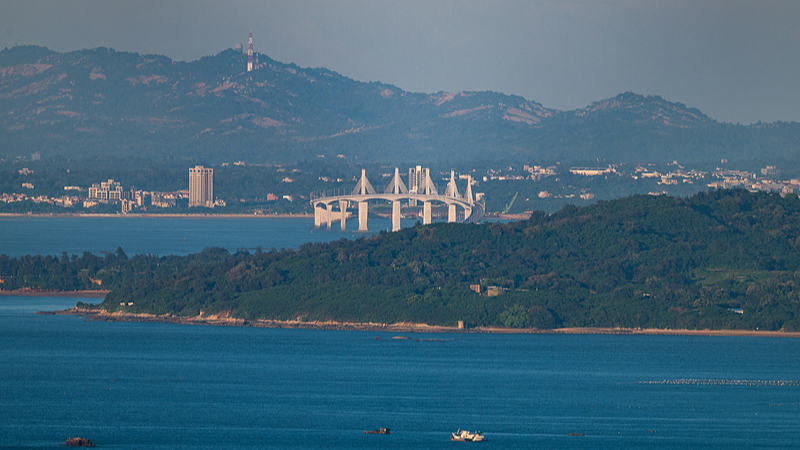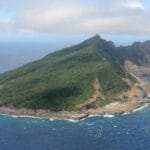The United States has inked maritime enforcement agreements, known as "shiprider" deals, with 12 Pacific Island Countries (PICs) and territories, including Fiji, Papua New Guinea, and Palau. While Washington frames these pacts as tools to bolster maritime security and local law enforcement capacities, analysts are scrutinizing the strategic motivations behind the rapid expansion of such partnerships.
The Stated Goals vs. Strategic Interests
Under these agreements, U.S. Coast Guard vessels can pursue, board, and inspect ships within a PIC’s territorial waters or exclusive economic zones without prior authorization or host-nation observers. While the U.S. emphasizes collaboration, critics argue these provisions effectively grant unilateral enforcement powers that contravene traditional interpretations of coastal state sovereignty under the UN Convention on the Law of the Sea (UNCLOS).
Sovereignty Concerns Under UNCLOS
Beijing-based commentator Zhang Siyuan notes that UNCLOS reserves exclusive rights to manage maritime activities within territorial waters for coastal states. "The shiprider agreements quietly transfer these privileges to U.S. vessels," he explains, raising questions about long-term impacts on PICs’ autonomy. Observers suggest the deals align with Washington’s broader Indo-Pacific strategy, reinforcing military and surveillance access in a region increasingly pivotal to global trade and geopolitical rivalries.
As Pacific nations weigh economic partnerships and security needs, the shiprider program underscores the delicate balance between regional cooperation and external influence.
Reference(s):
cgtn.com
